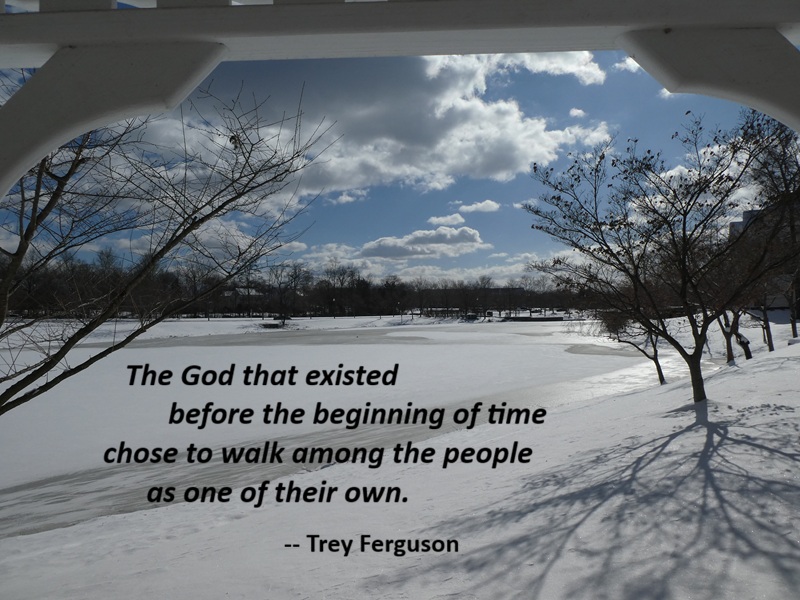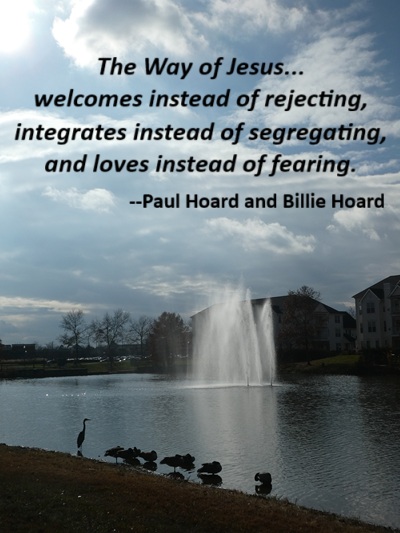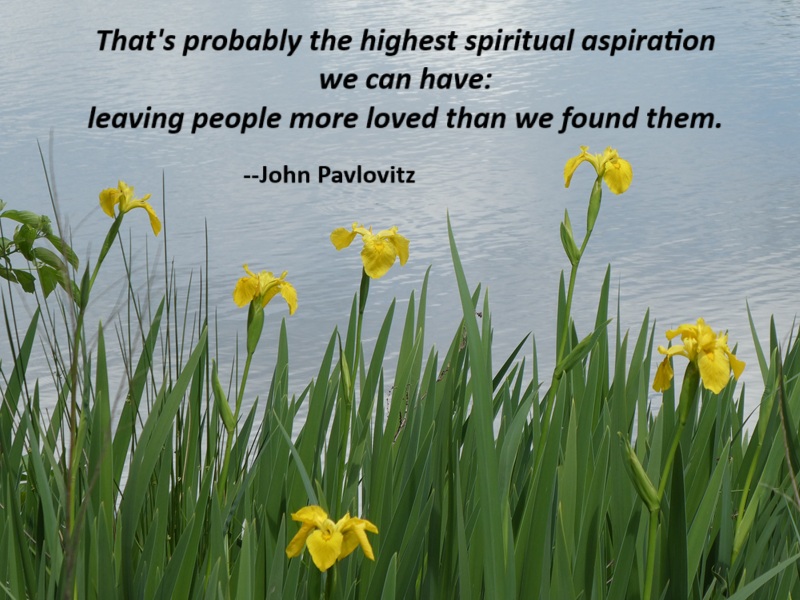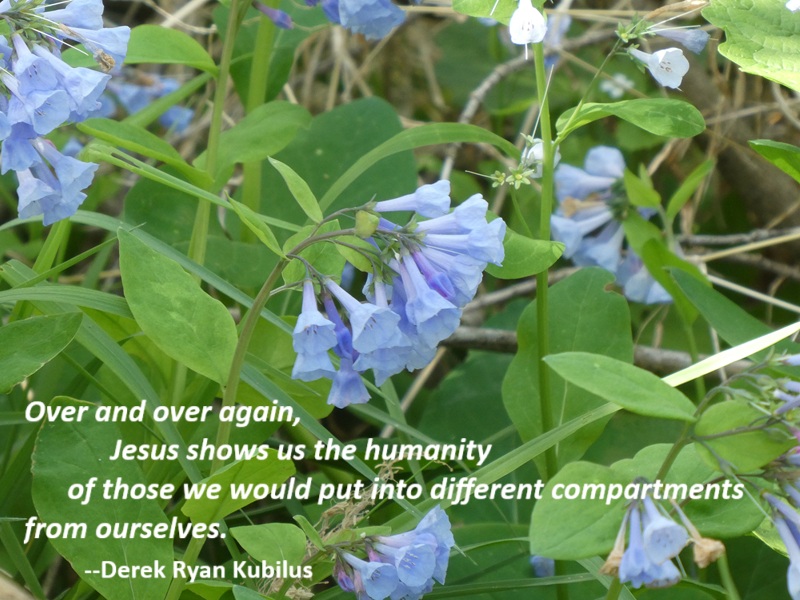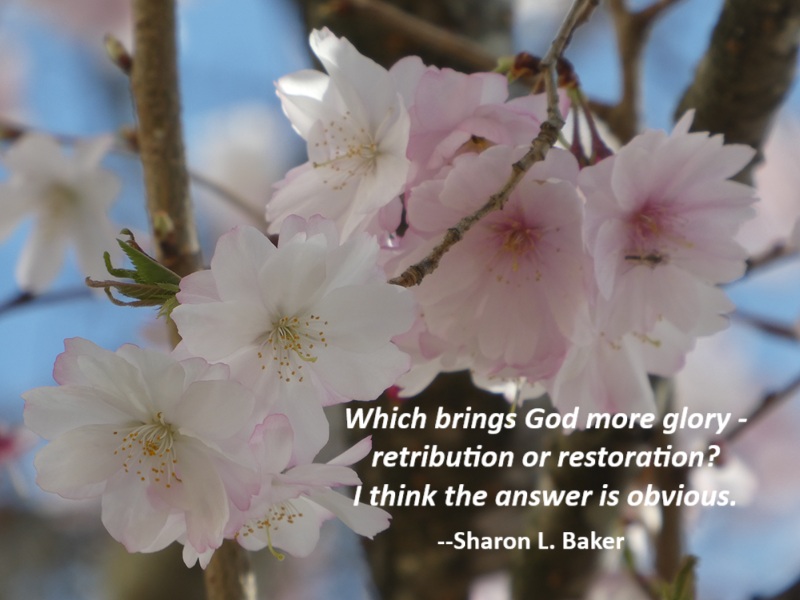The Incarnation
A God who not only understands but experiences hunger, thirst, weariness, joy, sadness, physical pain, growth, interpersonal relationships, intimacy, betrayal, offense, occasions for celebration, grief, and the full gamut of the human experience is a great deal different from a God who is content to sit on high while looking down low.
In the incarnation, we are confronted with a bizarre proposition. The God that existed before the beginning of time chose to walk among the people as one of their own. What was once thought of as imperceptible became a tangible reality that people could see with their own eyes. Converse with. Even touch. The incarnation suggests that God is indeed living. And, for some of us, all of this is a little difficult to square with a God who exists outside the boundaries of time and space.
— Trey Ferguson, Theologizin’ Bigger, p. 158
Photo: South Riding, Virginia, January 20, 2024
